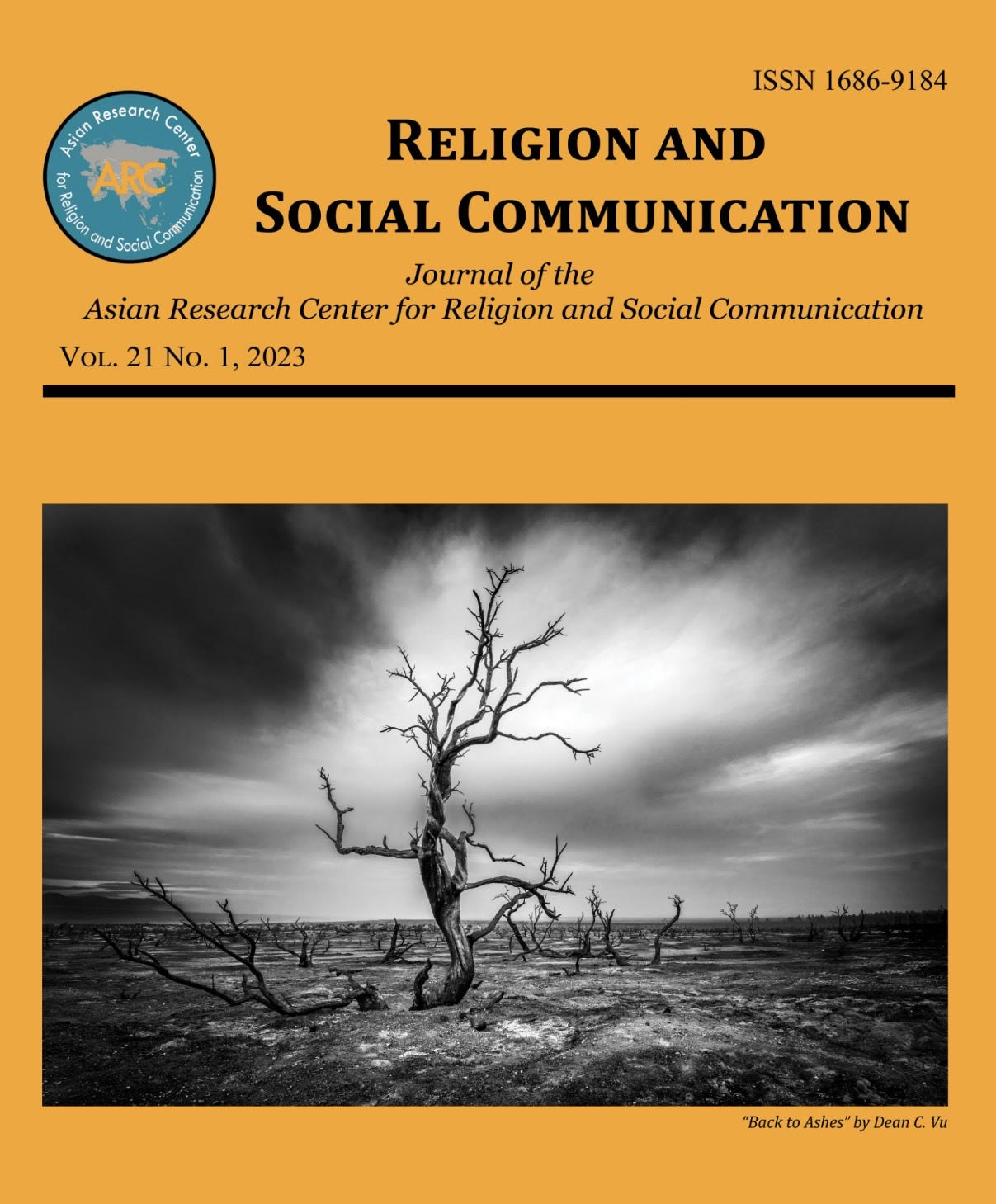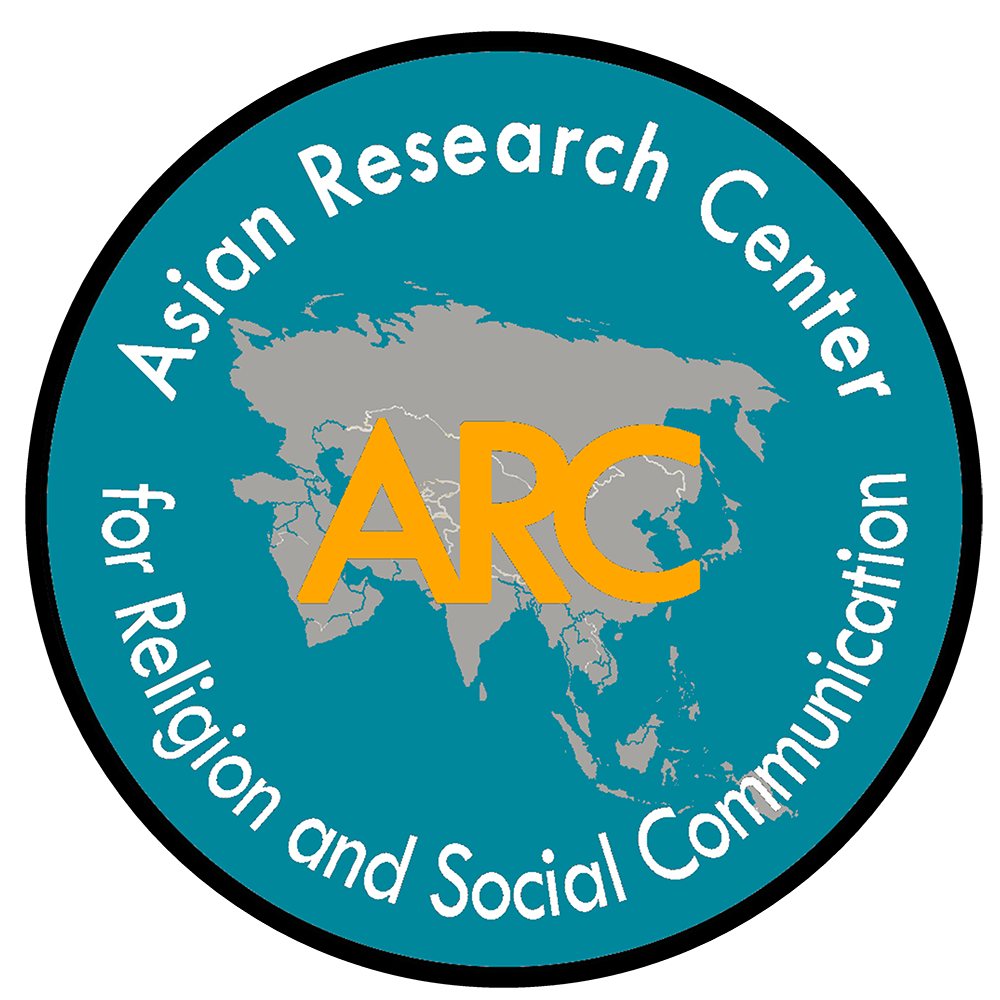Aliens and Strangers (1 Pet 2: 11-12) in Indonesian Context
Religion and Social Communication 21, no. 1 (2023)
Author
Batara Sihombing and Desri Maria Sumbayak
Abstract
This paper examines the Epistle of 1 Peter and the experiences of its recipients, who were labeled as aliens and strangers living in Asia Minor during the Roman Empire. The paper explores the reasons for their labeling and the struggles they faced due to their faith in the first century, including persecution from non-Christians and those in power. The paper also delves into the literal and contextual usage of the terms and elaborates on the persecution faced by the recipients. The author of the letter uses the paraenetic style to communicate his admonition to the recipients, encouraging them to live good lives in the hope that their opponents would be ashamed. Furthermore, this paper draws a parallel between the experiences of the recipients of 1 Peter and contemporary Indonesian Christians in establishing their places of worship. A minority of Indonesian Christians face difficulties when moving from their homeland to areas where Muslims are the majority. Establishing places of worship requires permits from non-Christian neighbors, and their sanctuaries are often closed and attacked by radical Muslims, possibly due to political motivation. The paper suggests that the wise response for Christians is to live good lives and establish harmonious relationships with other religious followers, in the hope that their non-Christian neighbors will understand the importance of their need to worship God.
Keywords
aliens, strangers, persecution, paraenesis, religious discrimination, religious minority
PAGES 59-83
Submitted: February 7, 2023; Accepted: March 14, 2023; Published: May 30, 2023





